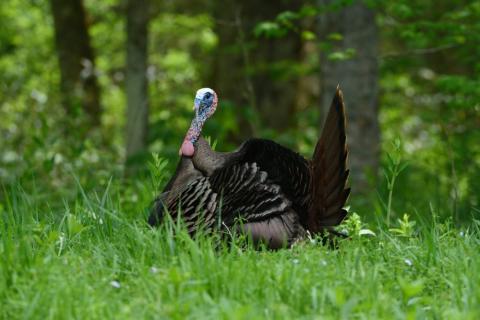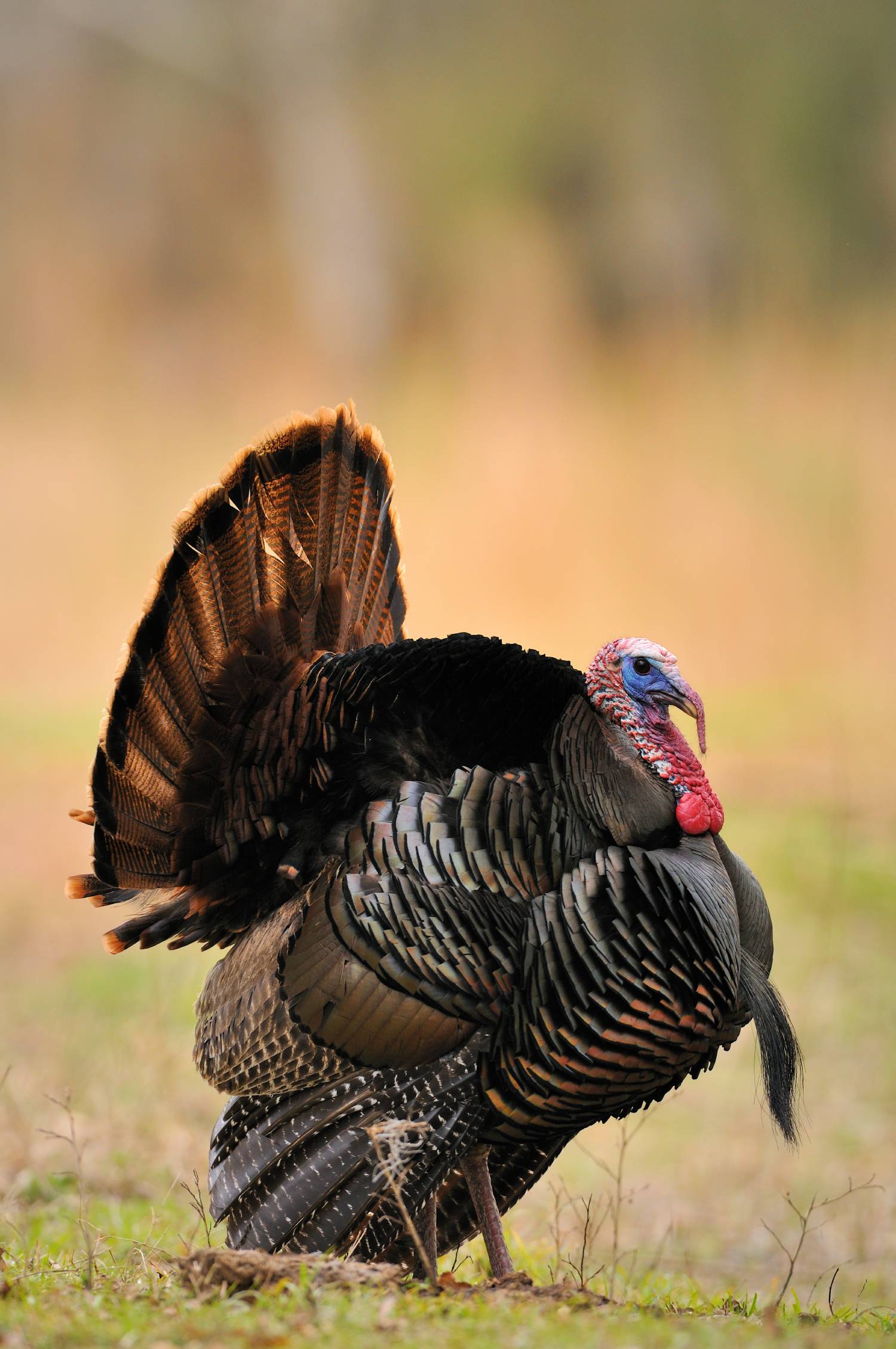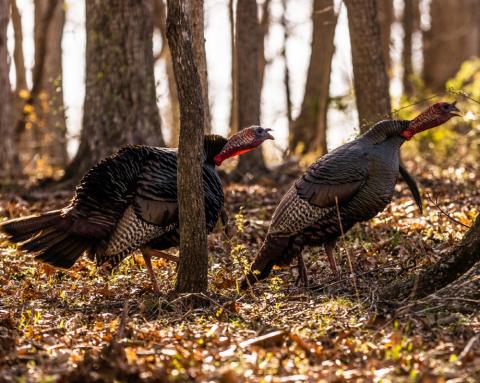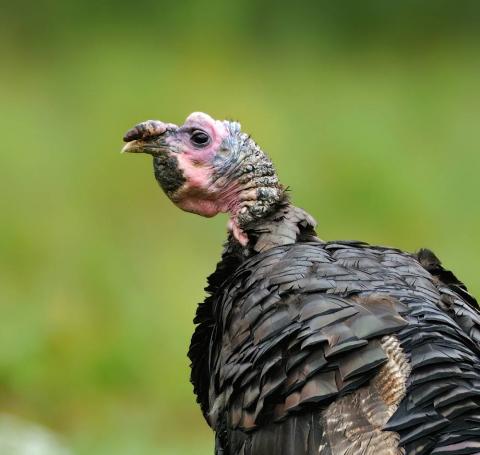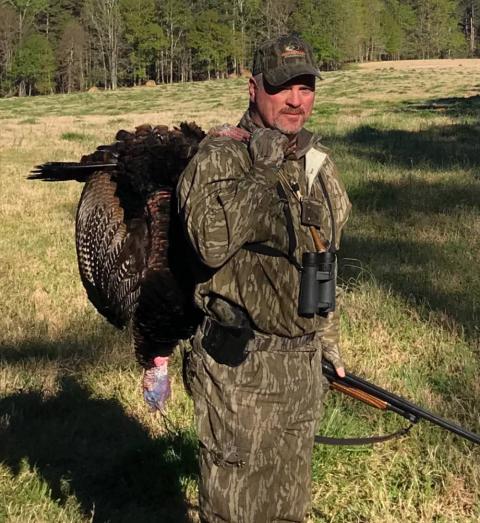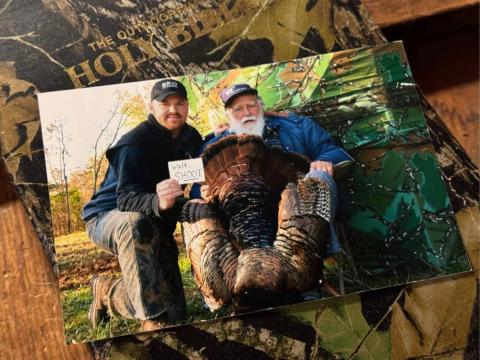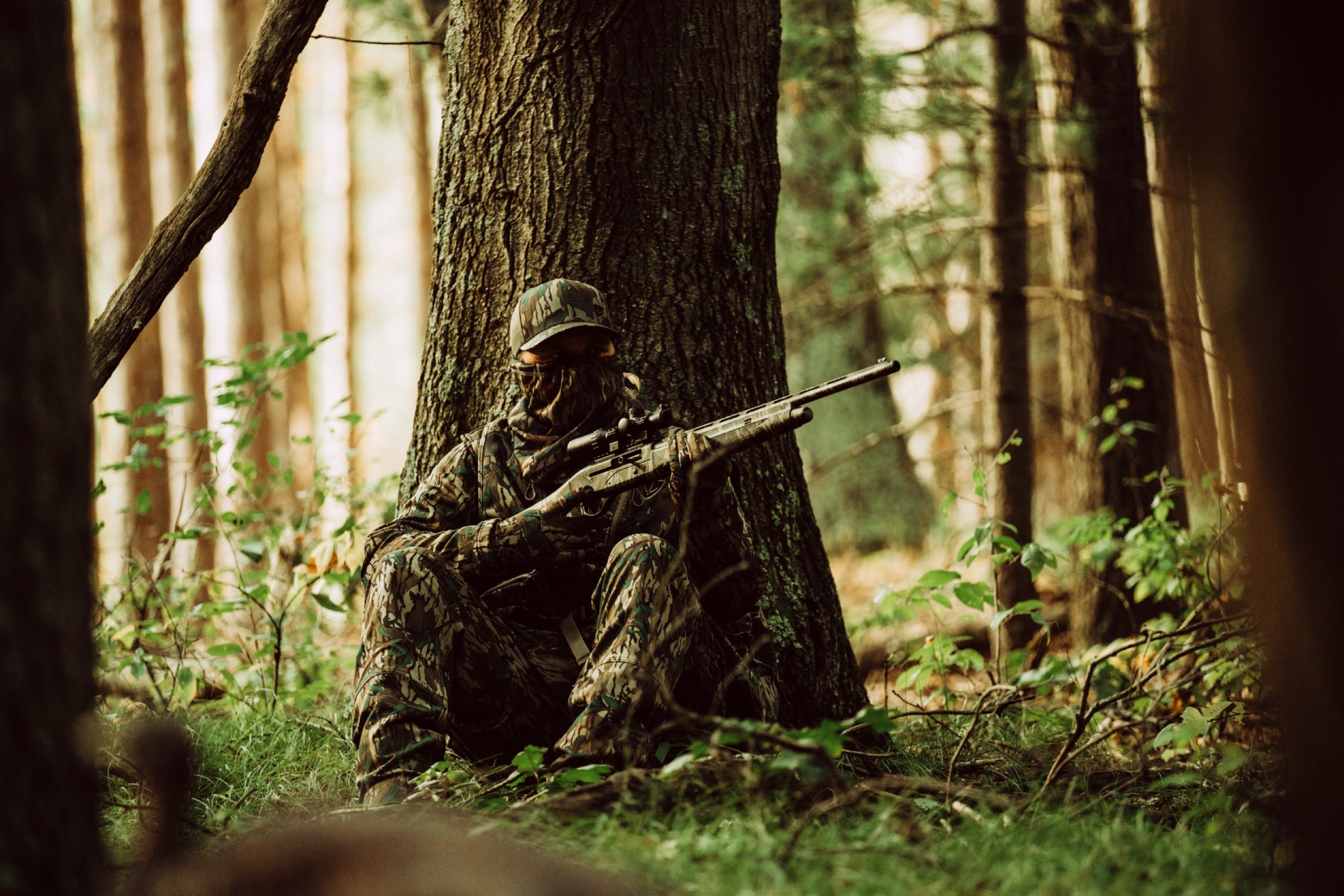
By Heath Wood
While morning turkey hunts are a beloved tradition for many hunters, there's a unique thrill to be found in pursuing these elusive birds during the last hours of the day as the sun sets on the horizon. Evening turkey hunts present a distinct set of opportunities and challenges, requiring hunters to adapt their strategies to the changing behaviors of turkeys as they prepare to roost for the night.
In the spring of 2013, I was fortunate enough to participate in a special needs youth turkey hunt sponsored by a local NWTF chapter. Before the two-day youth-only hunt, I had little experience hunting turkeys during the evening. Ninety percent of my turkey hunting had been done in my home state of Missouri, which, until this year, thanks to new hunting regulations, had a 1:00 p.m. daily cutoff time for legal hunting hours. The only exception to the 1:00 cutoff was the two-day youth season, which allowed hunting until sunset.
After several close calls during our morning youth hunt, we ate lunch, took a twenty-minute power nap, and returned to our blind for the evening. At 3:35 p.m., the first turkey, a lone hen, appeared in the field, approximately one hundred and fifty yards in front of us. After watching her feed for several minutes, we heard a gobble in the distance. For the next few minutes, I began calling, mostly mimicking the sounds of the feeding hen, who, too, was trying to impress the nearby toms. Soon, the show began; three gobblers and several hens came to our calls and stood twenty-five steps from our blind. This hunt was filmed for Hunter’s Specialties, so we also had to ensure the camera could see the gobbler. Unfortunately, the turkeys stayed on the wrong side of the blind for several minutes before feeding off into the distance with the other hens. Though we didn’t make a harvest until the following morning, that evening made me a believer in the success of evening turkey hunting.
Evening turkey hunts allow hunters to target birds as they return to roost, capitalizing on their natural movements and behaviors. Unlike morning hunts, where turkeys are dispersing from roost sites to begin their day, evening hunts allow hunters to intercept birds as they gather for the night. As with our youth hunting experience, all the birds had gathered back into a flock, only minutes away from time to fly up to the roost. Larger groups of turkeys present a unique opportunity to pattern turkey movements and strategically position oneself for a successful encounter. Additionally, hunting in the evening can provide a sense of tranquility as the day fades into dusk, offering a serene backdrop for the hunt. As we ascended the hill after our evening encounter, I vividly recall walking alongside the young boy, our gaze fixed upon the sunset. It served as a poignant reminder that the beauty of the hunt lay ahead, promising success the following day.
Hunting Near Roost Sites
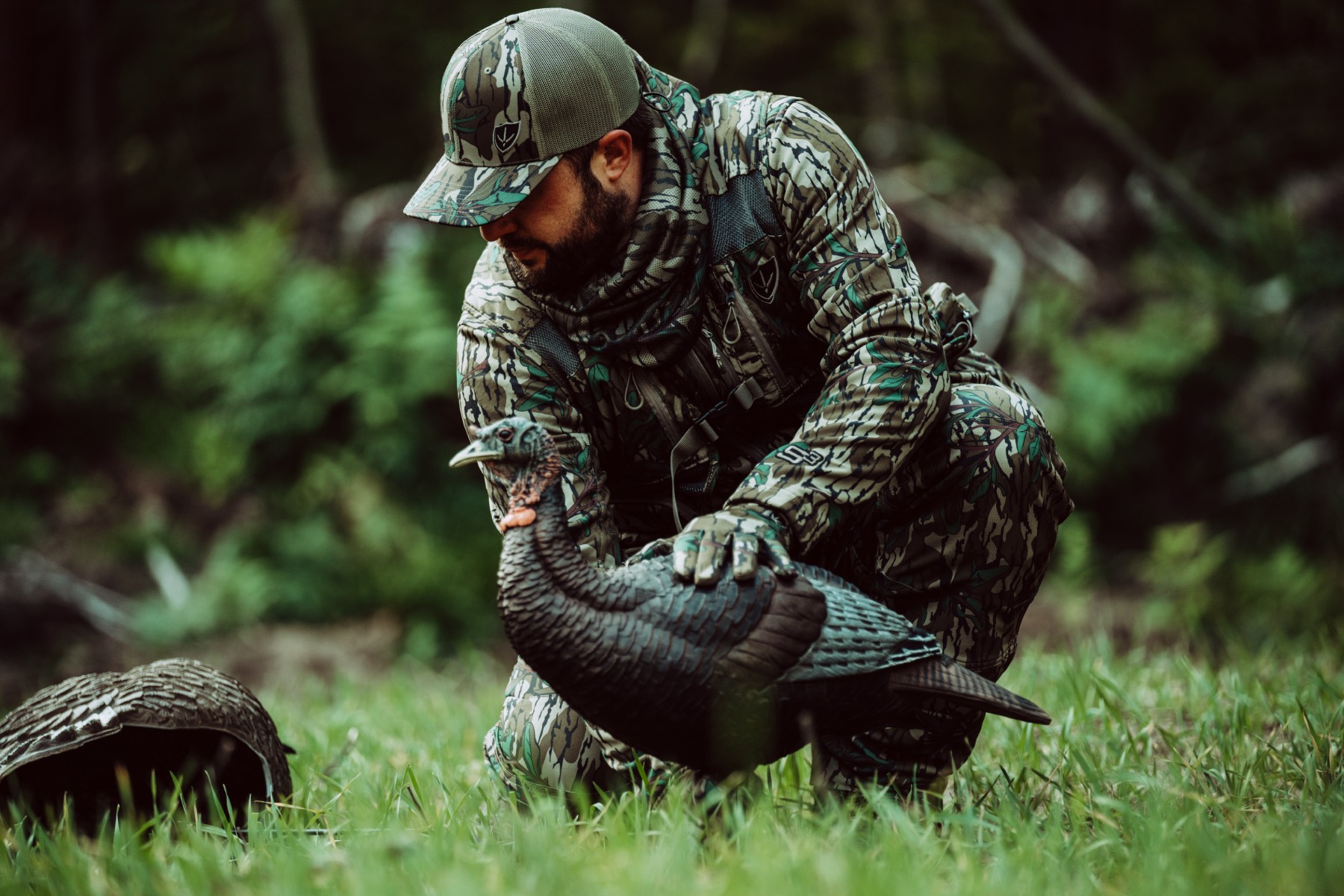
One key strategy for evening turkey hunts is to target areas near roost sites where turkeys congregate before settling in for the night. Roost sites are typically located in large trees with dense foliage, providing turkeys shelter and protection from predators. By scouting roost sites ahead of time and identifying potential travel routes and feeding areas nearby, hunters can pinpoint prime locations for setting up their blinds for concealment and increase their chances of encountering turkeys during the evening hunt.
Because, until this year, Missouri’s legal hunting hours expire at 1:00 p.m. daily, I have spent several spring evenings using a crow or coyote call to shock a tom into gobbling, giving up his location of where he would most likely roost for the night. Yet, calling strategies can change when regulations allow hunting throughout the day.
In the evening, turkeys exhibit different behaviors than morning hunts, requiring hunters to adjust their calling sequences and setups accordingly. While aggressive calling may be effective in the morning to locate gobblers and provoke a response, evening hunts often call for more subtle and seductive calls that mimic the sounds of turkeys gathering and settling in for the night. When the lone hen appeared in the field, an hour before the rest of the flock, her vibe was relaxed and winding down for the day. I had changed my decoy setup from my typical morning setup of a hen and jake, who symbolizes interest in the hen, to a more evening suitable setup of an upright hen, a feeding hen, and jake, who was placed several feet from the other two decoys. The subtle decoy setup and soft purrs, clucks, and yelps from my calls helped convey comfort and security by enticing turkeys to investigate without arousing suspicion. However, the low-key calls quickly changed into an exciting one-last attempt from lonely gobblers nearby when I focused my calling on challenging her natural calls. So, start low-key, yet don’t be afraid to turn up the heat to bring the toms in closer. Additionally, setting up near natural features such as the open field we were in or creek bottoms can create ideal staging areas where turkeys gather before heading to roost.
Maximizing Success
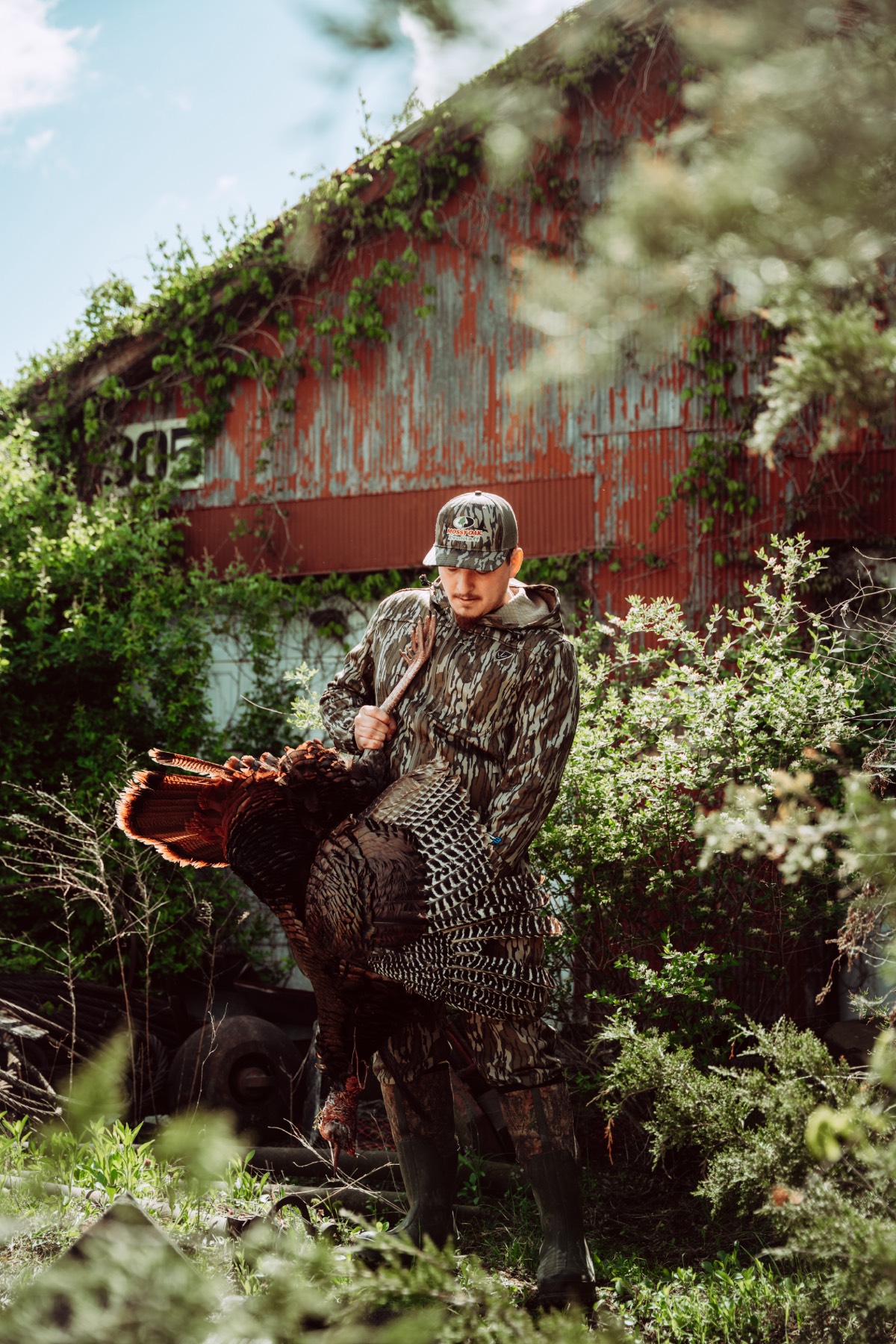
To maximize the chances of success in evening turkey hunts, hunters should adhere to ethical and responsible hunting practices. This includes maintaining a safe distance from roost sites to avoid spooking turkeys and minimizing disturbance to their natural habitat. Patience is also crucial, as turkeys may take longer to respond to calls in the evening as they gradually return to roost. By remaining vigilant and adaptable, hunters can capitalize on the unique opportunities presented by evening hunts and experience the thrill of a successful encounter as the sun sets on another day in the turkey woods.
Evening turkey hunts offer a captivating alternative to traditional morning hunts, allowing hunters to target birds as they return to roost and adapt their strategies to the changing behaviors of turkeys. By hunting near roost sites, adapting calling sequences and setups, and maximizing ethical practices, hunters can increase their chances of success and create unforgettable experiences in the field. Whether it's the anticipation of hearing that final gobble before sunset or the satisfaction of a well-executed hunt, evening turkey hunts hold a special allure for those willing to embrace the challenge of the twilight hours.















